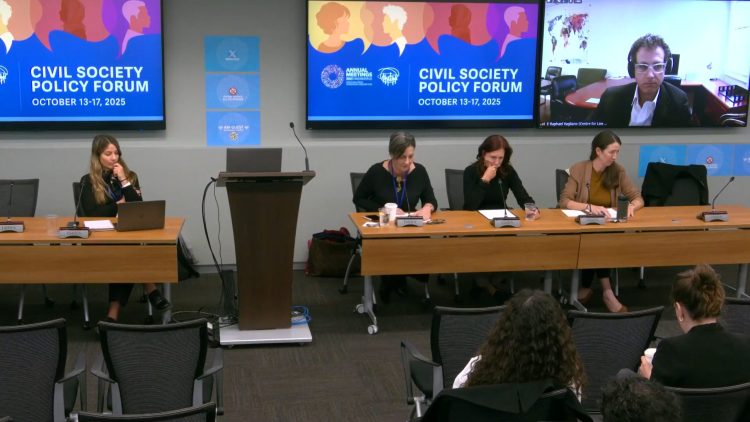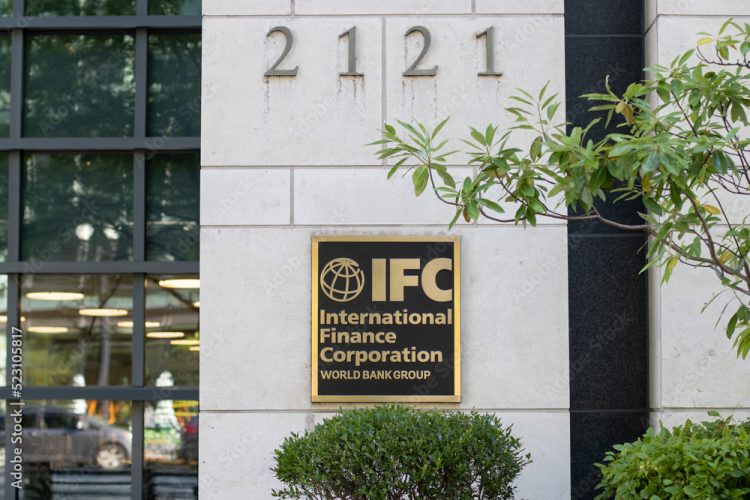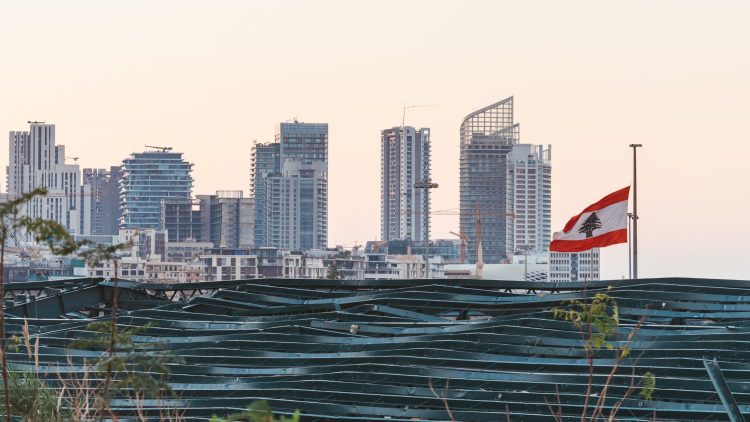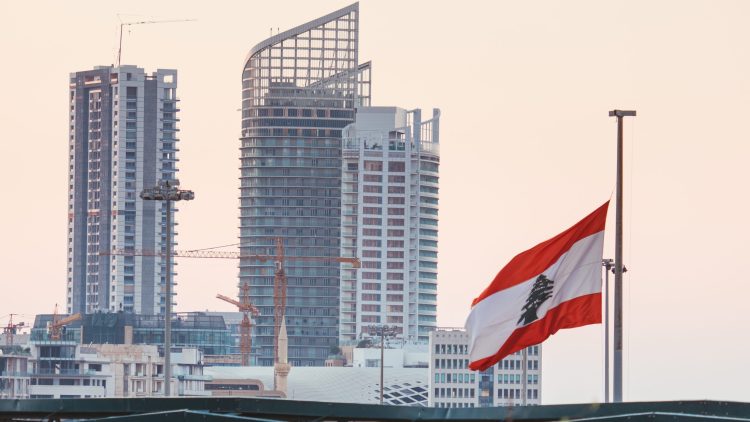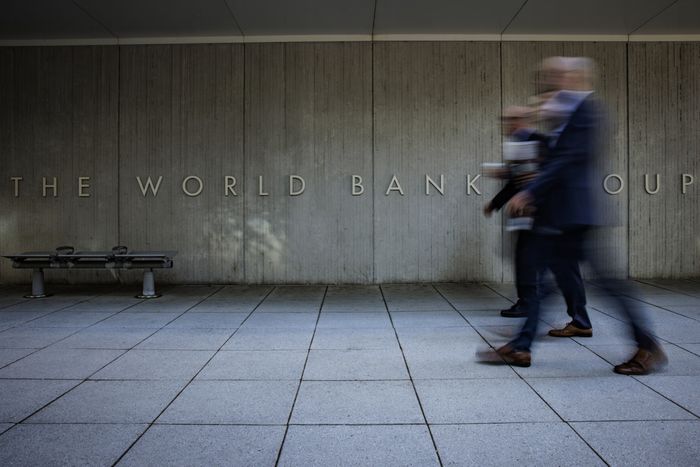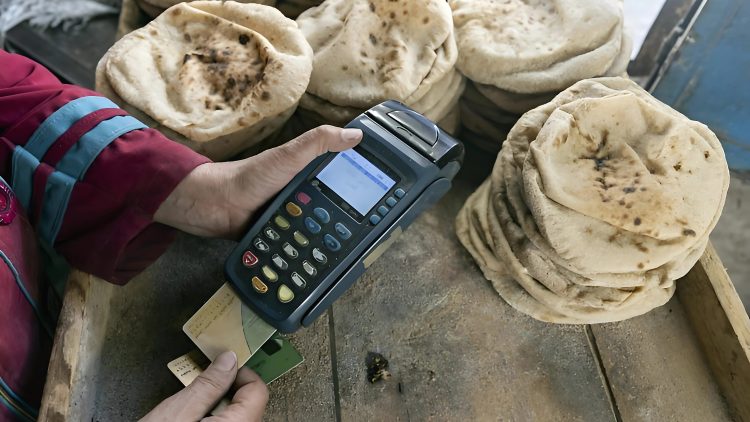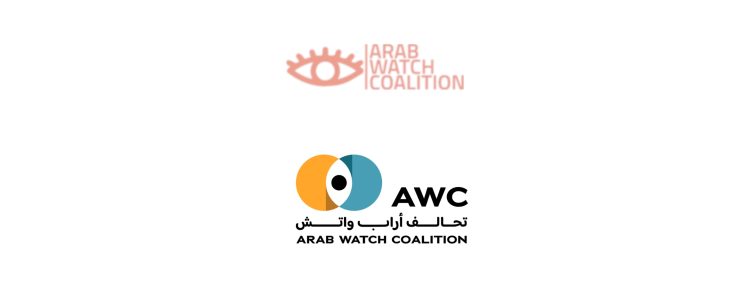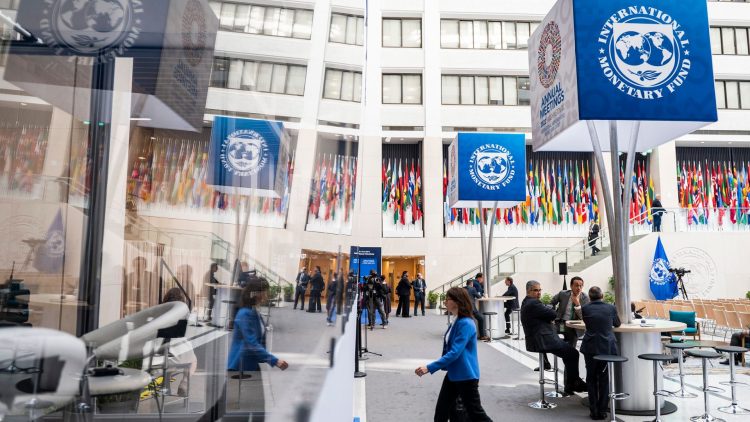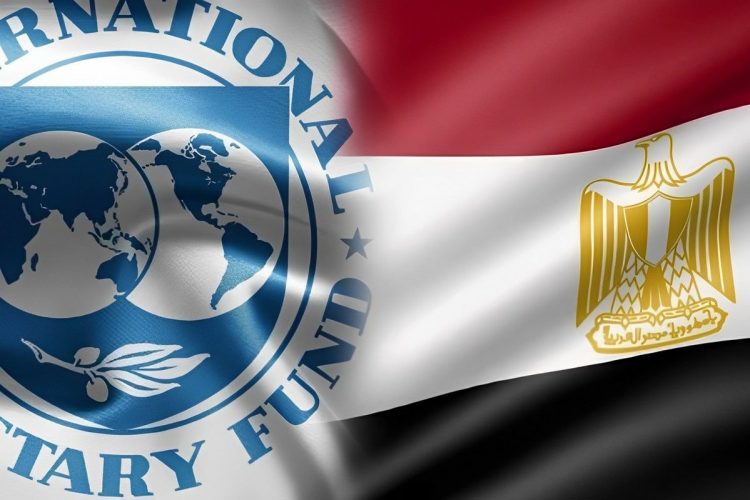The Arab region faces significant and complex challenges in social protection and inclusion, stemming from a combination of economic, social, and political issues.
Youth unemployment is fueled by persistent skills–jobs mismatch and limited avenues for civic and political participation, creating frustration and exclusion. For many young people, especially young women, social norms and discrimination further restrict access to education, healthcare, and decent work.
Despite gains in education, women’s labor force participation in the region remains among the lowest globally. Women are overrepresented in informal work without pensions, paid leave, or maternity protections, while gender-based violence and gaps in sexual and reproductive health undermine participation. AWC advocates for gender-transformative measures, such as paid care and parental leave, childcare services, pay-equity mechanisms, and GBV (gender-based violence) safeguards—within IFI-supported programs.
People with disabilities face discrimination and inaccessible public spaces, transport, and workplaces. Outdated legal frameworks still treat disability as charity rather than rights, driving lower school enrollment and employment.
Social protection systems are fragmented and skewed toward formal employees, excluding the majority in informal or precarious work. Narrow, highly targeted programs miss many who qualify due to design and administrative errors.
For decades, many countries have relied on universal subsidies for essential goods like food and fuel to maintain social stability. While intended to help the poor, these subsidies are often expensive and inefficient, with a large portion of the benefits going to wealthier populations. As governments face fiscal pressure to reform or remove these subsidies, there’s an urgent need for rights-based, universal social protection systems to fill the gap and prevent a rise in poverty and inequality.
Our Social Protection and Inclusion program aims to foster more equitable and inclusive societies. Particularly, it researches, convenes, and advocates for IFIs’ policies that promote advance universal, adequate, and accessible protection across the lifecycle, namely childhood, unemployment, disability, and old age , so that women, children, people with disabilities, informal workers, and other excluded communities are not left behind.
While our national partners and members lead the work on the ground, AWC’s role is to facilitate their engagement with one of the most powerful players in this field: International Financial Institutions (IFIs). IFIs have a significant influence on national policies and programs related to social protection in the region, often through their lending and policy advice.
We act as a bridge—strengthening partners with tools and evidence to influence IFIs, and pressing IFIs to adopt inclusive, rights-based policies. By working from both sides, we help ensure that programs truly reach the people they’re meant to serve.



